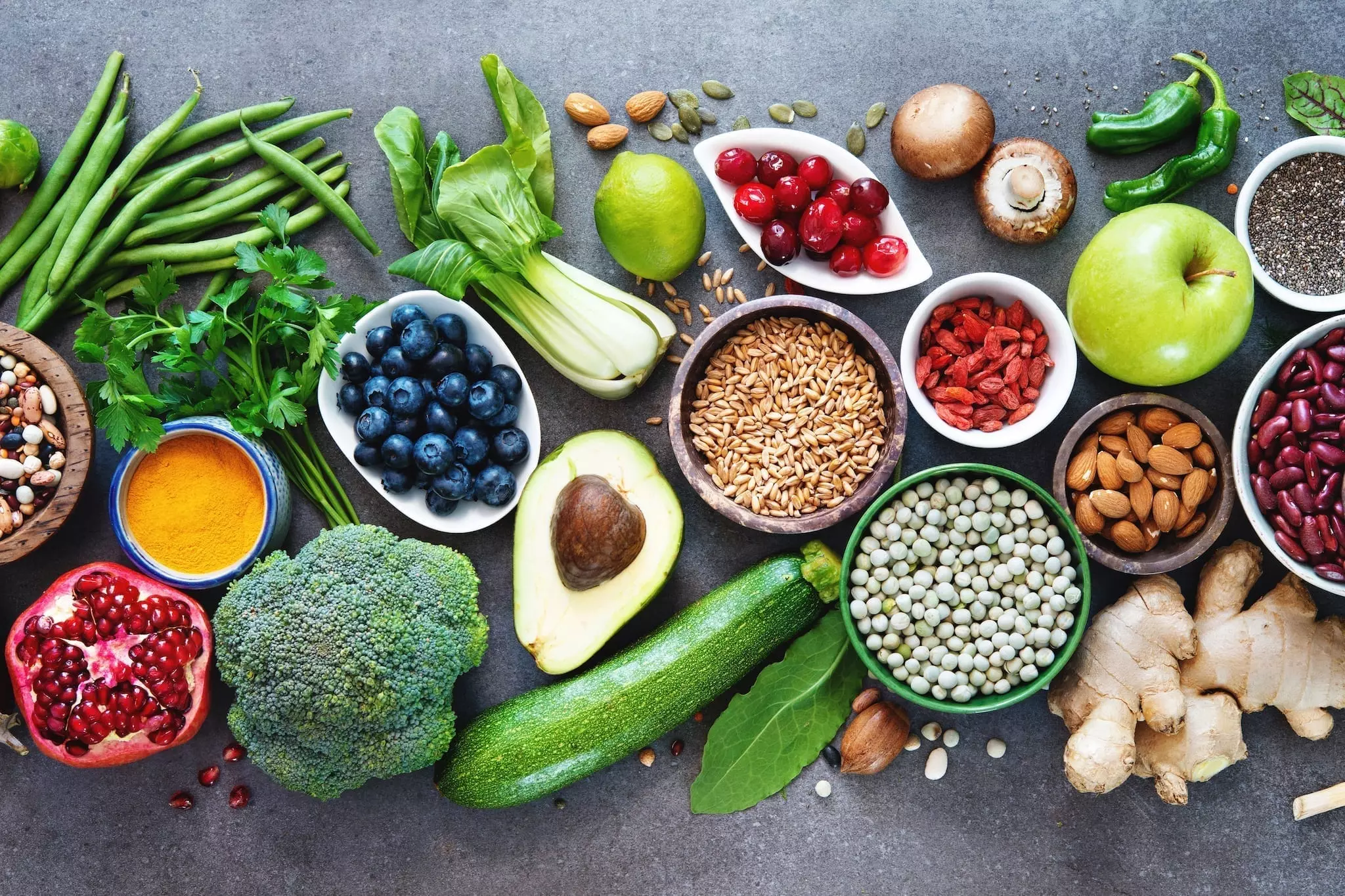A plant-based diet doesn’t have to be boring or limited. In fact, it can be an opportunity to get creative in the kitchen and try new recipes and ingredients. There are countless resources available to help you come up with new and exciting meal ideas.
• Use cookbooks and magazines: Cookbooks and magazines specifically dedicated to plant-based cooking, such as the Flourish Way magazine, and the Flourish My Healing Kitchen cookbook, both are great resources for recipes and meal ideas.
• Explore online resources: There are countless websites and blogs dedicated to plant-based cooking, including Minimalist Baker, Oh She Glows, and The Vegan 8.
• Try new ingredients: A plant-based diet opens up a world of new ingredients, such as tempeh, jackfruit, and lentils, that can be used to create delicious and healthy meals. Try incorporating new ingredients into your cooking to keep things exciting.
• Get inspired by international cuisines: Plant-based diets are common in many cultures around the world and incorporating flavours and techniques from other cuisines can add variety to your meals. Try making Indian-style lentil dahl or explore the flavours of Thai cuisine with a vegan green curry.
• Make it fun: Cooking should be a fun and enjoyable experience, so don’t be afraid to get creative in the kitchen. Try making fun, plant-based versions of your favourite meals, such as vegan mac and cheese or a plant-based “chicken” parmesan using eggplants.
By getting creative with your cooking, you can keep your meals exciting and ensure that you’re never bored with your plant-based diet.
With so many resources available, there’s no shortage of inspiration for new and delicious plant-based meals.
Cheers
Kathy



